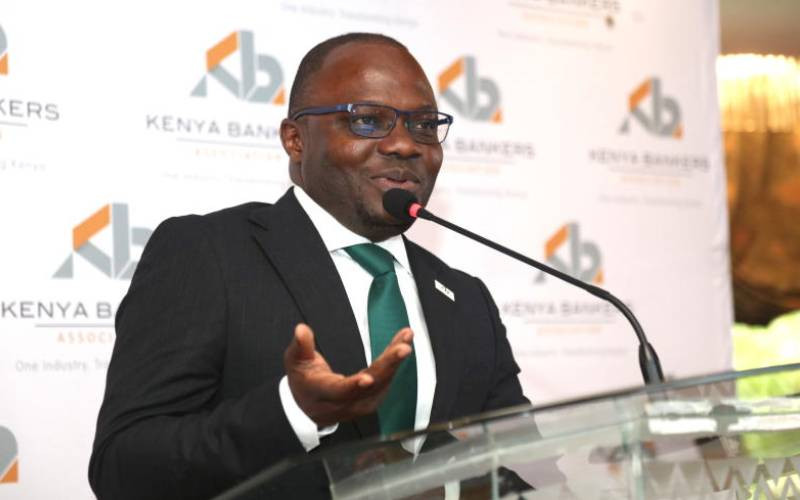×
The Standard e-Paper
Kenya’s Boldest Voice

Aren’t your 20s the years to have fun and go on adventures? Yes, they are. And the adventure could be entrepreneurship. According to Meg Jay in her book The Defining Decade: Why Your Twenties Matter, doing something later does not automatically mean doing something better.







